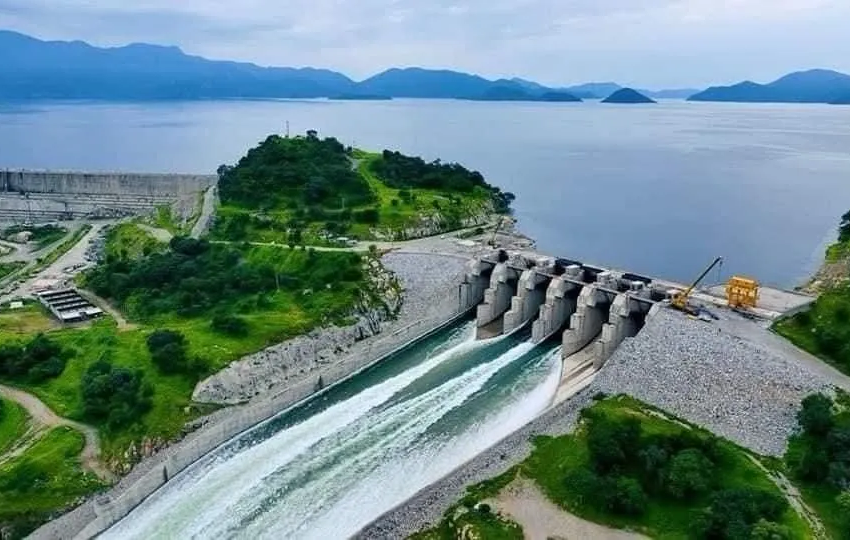ADDIS ABABA/JUBA — South Sudan plans to import electricity from Ethiopia’s Grand Ethiopian Renaissance Dam (GERD) as part of efforts to address its chronic power shortages. President Salva Kiir, speaking at the inauguration of the $4.2 billion hydropower project in Addis Ababa on Tuesday, emphasized that the deal represents more than just an energy solution; it is a pathway to regional progress and future development.
Kiir described the GERD as a symbol of hope and a brighter future for the region. “It is not only about energy. It is about progress. It is about hope. It is about the future we want for our children,” Kiir remarked. He also announced that South Sudan is moving forward with plans to sign an agreement to begin importing power from the massive hydroelectric project.
Ethiopia’s GERD, located on the Blue Nile, is Africa’s largest hydropower facility, standing 145 meters tall and holding a 74-billion-cubic-meter reservoir. Once fully operational, the dam is expected to generate over 6,000 megawatts of electricity, effectively doubling Ethiopia’s energy capacity and allowing the country to export surplus power to neighboring nations, including South Sudan.
For South Sudan, one of the world’s least electrified nations, the deal could be transformative. According to the World Bank, only 7–8% of South Sudan’s 12 million people have access to electricity, with rural coverage dropping to as low as 1%. This power deficit has forced most households and businesses to rely on costly diesel generators, hindering economic growth and leaving essential services like hospitals and schools underpowered.
By importing electricity from GERD, South Sudan could reduce its dependence on fuel imports, lower energy costs, and support industrial development. The deal aligns with broader regional integration goals, as South Sudan is already part of the East African Power Pool, a collaborative effort to interconnect power grids across Ethiopia, Kenya, Uganda, Tanzania, and Sudan.
Ethiopia has long touted the GERD as a centerpiece of its regional diplomacy and economic vision. Prime Minister Abiy Ahmed has repeatedly described the dam as a “shared prosperity” initiative for Africa. At Tuesday’s inauguration ceremony, leaders from Kenya, Djibouti, South Sudan, and Barbados joined in celebrating the dam’s completion, viewing it as a victory for the continent’s energy future.
However, the project has faced significant opposition from Egypt, which relies on the Nile for 97% of its fresh water. Egypt has raised concerns over the dam’s potential impact on its water security and warned that it reserves the right to take "all measures under international law" to defend its water rights.
For South Sudan, the immediate priority is less about the ongoing regional water disputes and more about plugging into the emerging regional energy grid. Kiir reiterated this sentiment, stating, “The progress of one nation is the progress of all.” He expressed readiness to share in the benefits of the GERD, seeing the project as a vital step towards energy self-sufficiency and regional cooperation.
As South Sudan prepares to enter into an agreement with Ethiopia, the deal is expected to have far-reaching economic implications, fostering greater integration into the East African Power Pool while tackling one of the nation’s most pressing challenges: access to reliable and affordable electricity.
